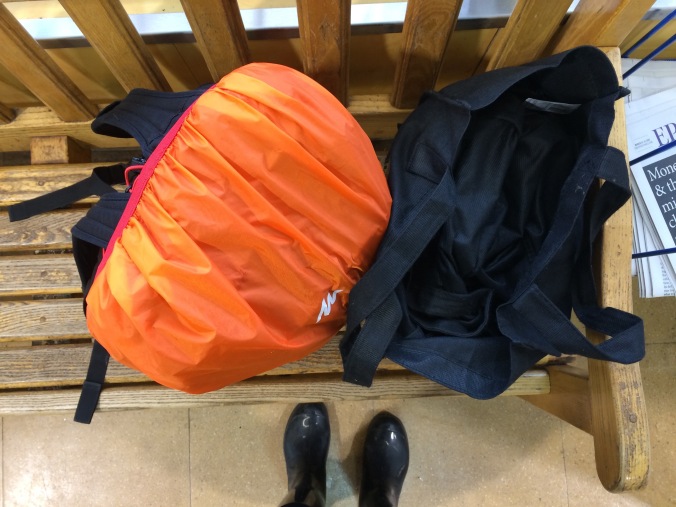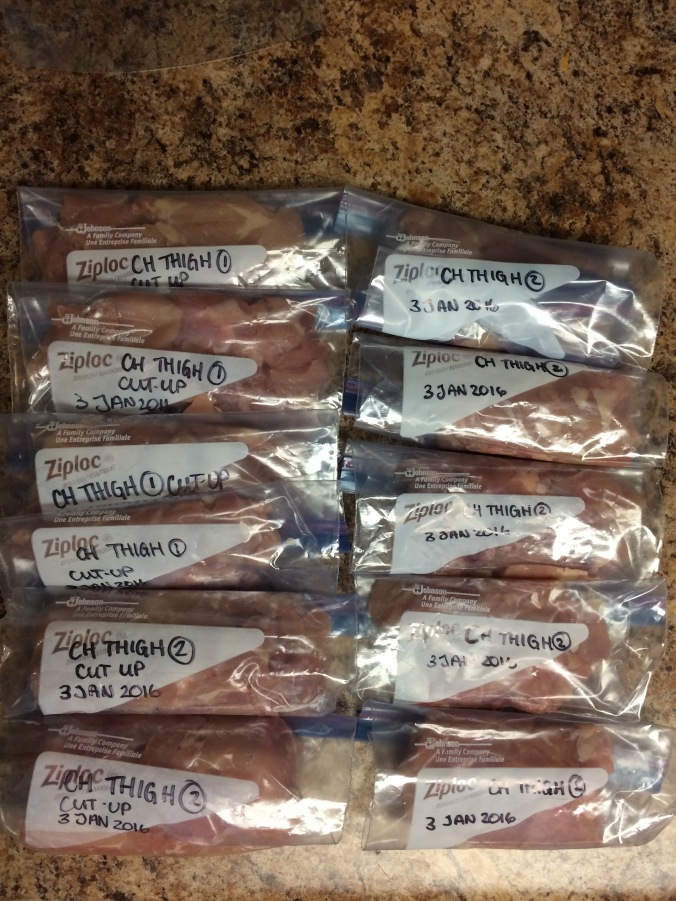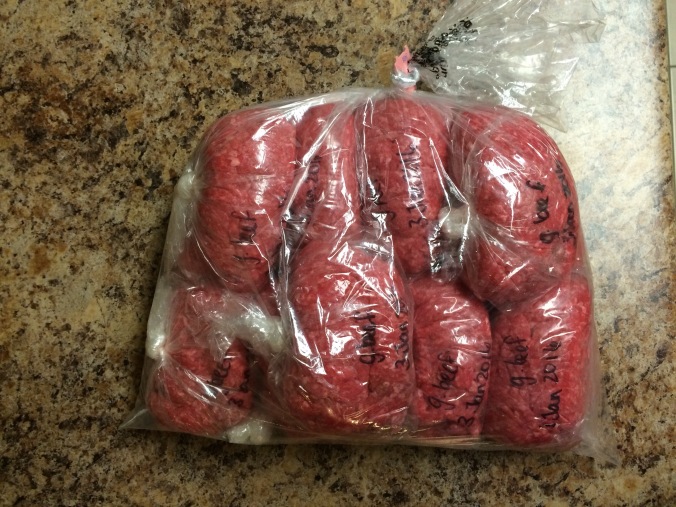…So says Lizzie McGuire, a favourite Disney channel teen from the hit TV-series, “Lizzie McGuire”. To me, written as a high school yearbook message, the phrase seems to capture the idea that you are great the way you are, and celebrates the high school you – GO YOU! To me, it encapsulates the age-old adage that you don’t have to change yourself for others, and to embrace yourself in all your flaws and talents.
This quote is so memorable, it tends to pop up in a lot of places, eliciting a smile, perhaps a small chuckle, from nostalgic past-Lizzie-lovers like me. But seeing it again started the spurs and whirls of the gears in my head, and now I’m wondering if it’s okay to change. In high school, you picked the courses for the following year in grade ten, courses that would ultimately decide if you had the prerequisite courses for applying to certain post-secondary programs. In high school, it was easy to have a plan. You didn’t have to change, because you had a plan.
In university, there was a checklist: fulfill these requirements, and choose one course from this category and this category and this category. Course X must be completed by the end of your second year. You could change programs, sure, but there was still a plan. You just had to change plans.
In graduate school, the MA English program is course-based (for me). You have to complete X courses and Y mandatory courses. You have more freedom to research and pursue ideas than you had in undergrad, but again, in the end, you followed a plan.
And if you don’t pursue a Ph.D., when you can follow a four year plan and typically runs into five or six years, then what’s your plan? You could change plans – don’t apply for a doctorate program, take a year off, dig yourself out of student debt, but can you change to not having a plan? Can you change your mind? If you’re a planner, like me, then it’s terrifying to think that you might change your mind. To even acknowledge that something you have worked towards for four years is not your dream anymore. To think that all of your volunteering, and extra-curricular activities, all of your conversations centred on this end goal, and this end goal is no longer a goal – are they useless? The obvious answer would be no, since you learned skills and developed traits that are applicable to a multitude of situations.
On a resumé, you are built to change, adapt quickly, and apply your skills in different fields. Technically, you can. But you can’t deny a nagging voice in your head wondering if it’s okay to change what you want to do with your life. To be a starving artist, or to put in the hours as an unpaid intern, and work your way through the field for ten years only to find you don’t enjoy the work? To pursue the childhood dream you have worked towards with a constant questioning if maybe you should be doing something else, or put the dream on hold and try out the “other thing”?
“You rock. Don’t ever change.” She’s right. I hope you don’t change. I hope you never lose the sense of curiosity and desire to dream. I hope you never change the all the great parts of yourself – yes, they are there, even when you think they’ve gotten buried under life’s cynicism and burdens. And I hope you do change. I hope you change your mind and change your plan and change the voice inside your head that says, “Don’t change.” I hope you know it’s okay to change your mind. I hope I remember it’s okay to change my mind.



